Our Planet
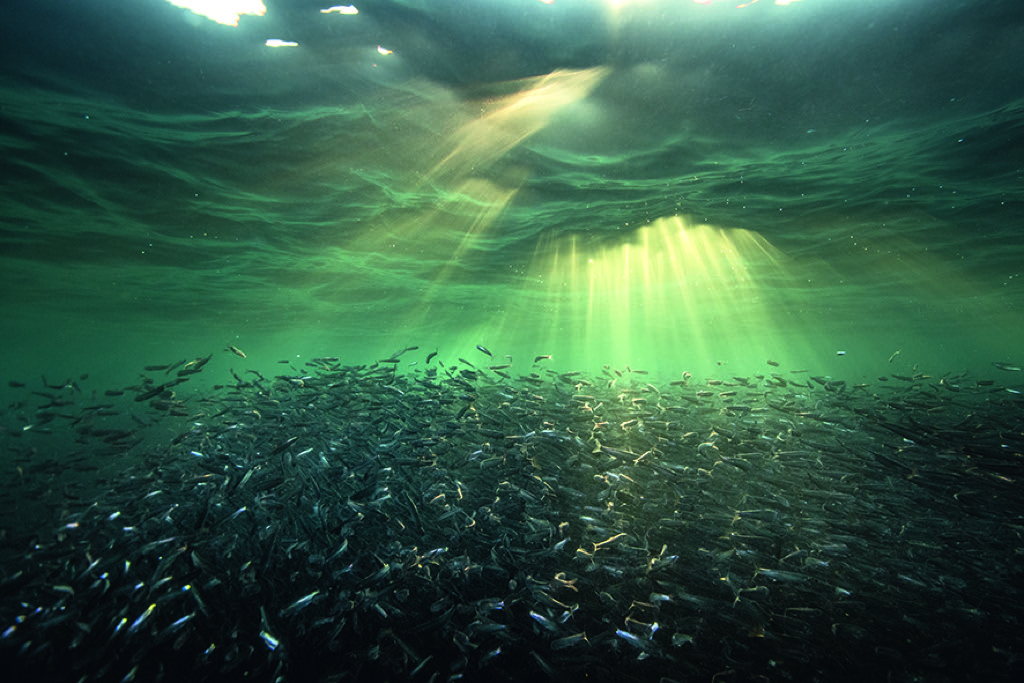
Text by Chanintr Sririsant
Nature films tend to receive polarizing reactions: You are either into them or not at all. You either enjoy watching feeds of cheetah chasing gazelles and antelope into the wee hours (like yours truly), or you immediately grab the remote and click it away. That is, I would argue, until you sit down to watch one produced by Silverback Films and narrated by Sir David Attenborough. In the annals of history of nature films, they are truly the masters of their craft. In other words, if there is anyone who can convert even the most disinterested audience into wildlife enthusiasts, it is these two names.
Released in April 2019, Netflix’s Our Planet is the mother of all nature series and one with a clear message about the state of our planet and how we need to appreciate and take care of the only home we have. If you saw Planet Earth by the same crew a few years prior (which was already incredible), you will be blown away to see something even more amazing. Just imagine — 4 years in the making; 3,375 days filming in 60 countries; 400,000 camera trap monitors in the deepest of forests; 6,600 drone flights; 911 days at sea; 2,000 hours of diving; and 600 crew on 200 filming trips. Equipped with the most technically advanced gear, what they have been able to capture of the natural world is just spellbinding.
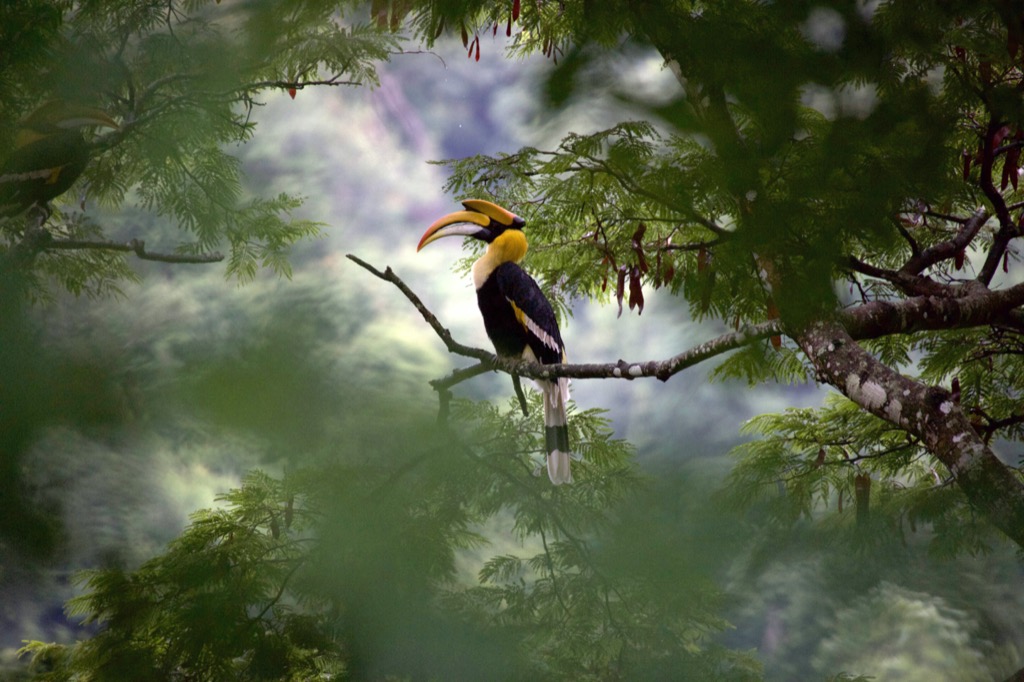
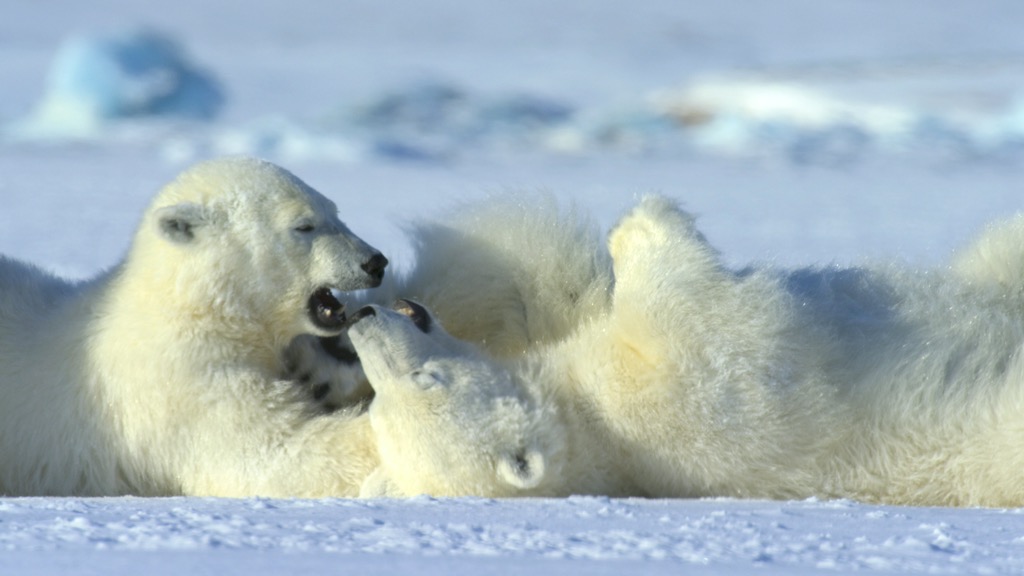
The series has eight episodes: One Planet, Frozen Worlds, Jungles, Coastal Seas, From Deserts to Grasslands, The High Seas, Fresh Water, and Forests. Each episode takes a deep dive into these unique habitats, celebrating the wonder of nature and all the creatures that inhabit it, as well as showing us how they are being impacted by the human race and its doubling in size over the last 50 years. It is not intended as a doom and gloom series to frighten. Rather, the purpose is to encourage change and show how there have been great examples of the ability of humans to correct the course like in Raja Amphat.
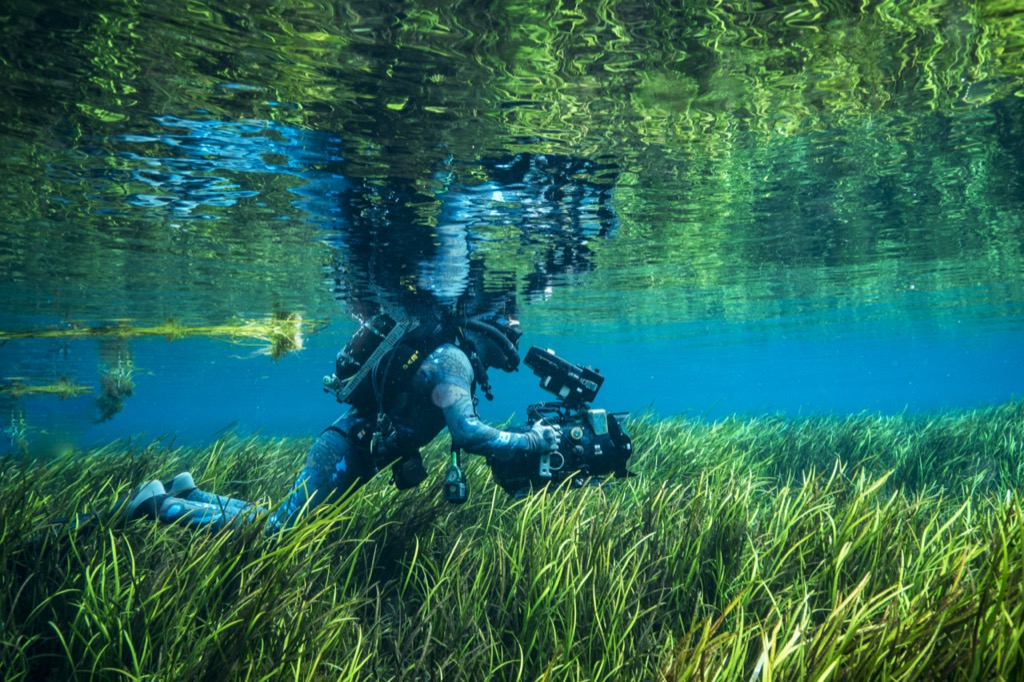
This archipelago of over 1,500 islands in Indonesia’s West Papua province was once overfished and even had shark fishing camps. Now it is protected and has in its place, shark nurseries. The recovery has been miraculous with 25 times more sharks than a decade ago.Turtles are back grazing as they are no longer hunted. What is interesting is that even the fishermen who once fished the areas are benefitting from the overflow into the unprotected areas with more than three times the fish they caught a decade ago without the protection. This is how nature rewards when we do the right things.
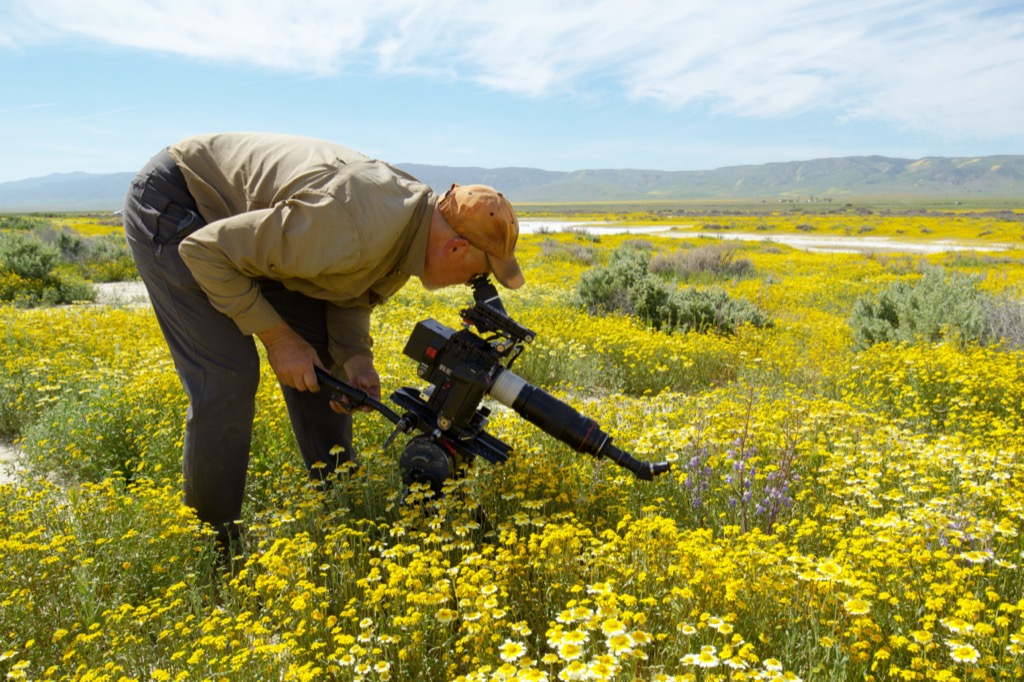
These stories give all of us hope and knowledge that the choices we make every day and the causes we support can truly make a difference in ensuring that we not only survive as a race, but also make the world a better place. As Sir David says, we have entered a new age. The tables have turned: When we were hunter gatherers, we depended on nature for survival, but now, nature depends on us for its survival.


